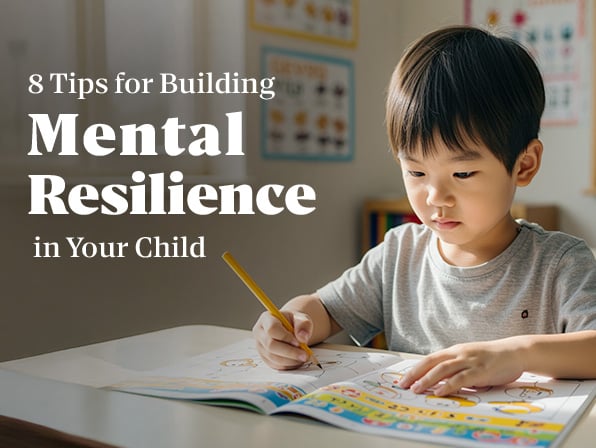Calcium Citrate
Type: Mineral
Calcium citrate is the highest absorbable form of calcium. Unlike calcium carbonate supplements which might cause mild constipation or bloating, calcium citrate can be absorbed by the body on its own and does not require stomach acid.
Having the right amount of calcium is important for strong and healthy bones. When calcium levels in the body are low, your body will start to take calcium from your bones, reducing your bone density and increasing your risk of fracture. Calcium citrate can be used to treat people with low calcium levels or as a treatment for bone-loss conditions such as osteoporosis or rickets.
Calcium citrate can be taken with or without food, and is especially suited for individuals who have sensitive stomachs (e.g. experiencing heartburn, IBS, IBD or absorption disorders). To maximise the absorption rate of calcium citrate, take calcium citrate and magnesium in a 2 (500mg or less) : 1 (250mg or less) ratio at mealtimes.
Stay Inspired with Health Trends

Sedentary Lifestyle: The Hidden Hazard to Your Health
In today’s fast-paced world, many people spend hours sitting — whether at work, in front of screens, lazing around at home or during our daily commutes.


Can't Seem To Stop Bloating?

8 Tips For Building Mental Resilience In Your Child
As a parent, it's natural to want to help your children deal with the pressures of life, whether it's the demands of school, the changes of puberty, the influence of peers, or the realities of cyberbullying. While you can't shield them from every difficulty, you can certainly teach them how to roll with the punches and bounce back stronger than ever. Cultivate grit in your child with these 8 valuable tips!

Ingredient Spotlight: Placenta and NMN

Ingredient Spotlight: Green Tea Extract

Women's Wellness by the Decade: An International Women's Day Focus
Every woman wants to age gracefully – from your 20s to 50s and beyond. There are steps you can take during each phase of life to keep you well and healthy. This is your guide to women’s wellness through the decades.

A Cold, Flu or Allergy: What is the Difference?
“Ah choo!”
Your nose starts feeling congested and the usual symptoms like sore throat and sneezing starts kicking in, making you think that you are falling sick. Is it a cold, flu or allergies?